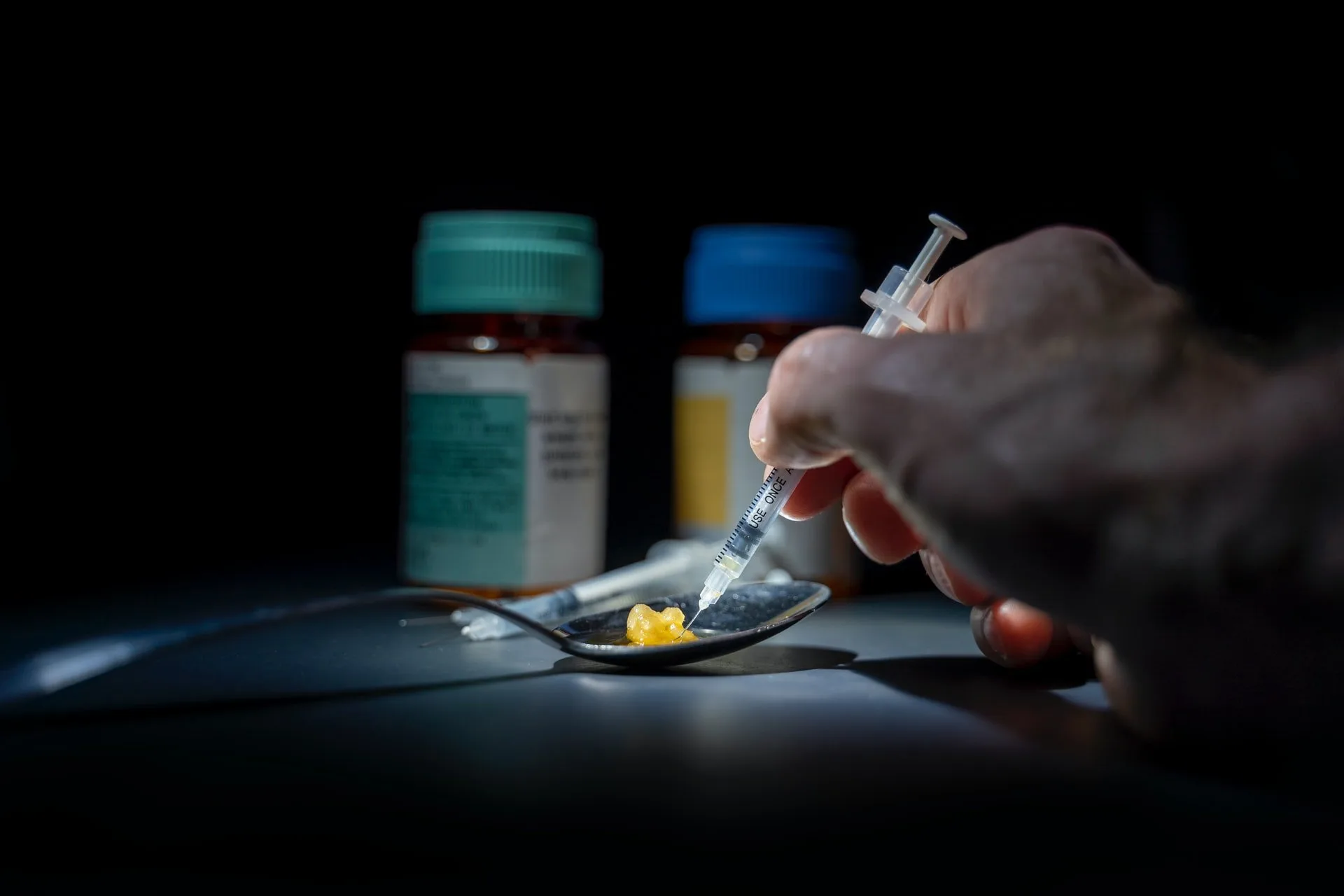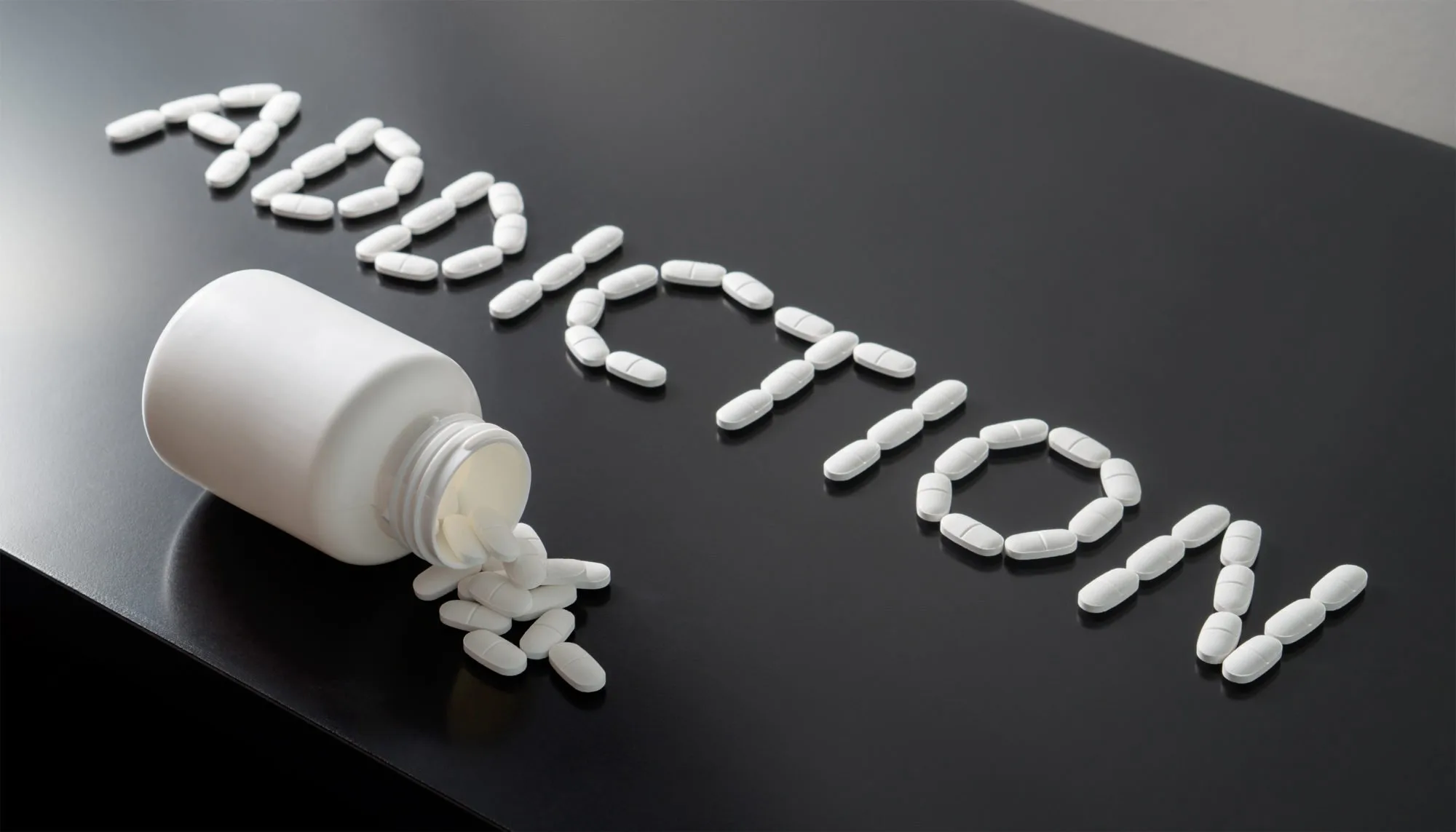Substance addiction severely impacts your body. While recovering from long-term drug or alcohol addiction is a slow process, nutrition plays a vital role during the process.
Sadly, many think that a healthy diet is not so significant while battling a disease like addiction. However, this is entirely wrong. Drugs or alcohol, when combined with lack of nutrition, put considerable stress on your body. The mix of these unhealthy elements can affect the body’s ability to function. It may lead to electrolyte imbalances, vitamin deficiencies, malnutrition, and in some cases, death.
Importance Of Healthy Eating
Food is essential for the body and brain to work properly. The human body uses food as fuel. It breaks down the food we eat into glucose, which is later released into the bloodstream. This is what we used to carry out day-to-day tasks.
Now, here is the catch!
Our body relies on several types of foods to thrive. For example, healthy fats and protein are preserved in the body for future use, while carbs are great as a short-term energy source. Therefore, if you wish to achieve a healthy lifestyle, it is impossible without a balanced diet. As long as recovery from addiction is concerned, healthy eating habits can make it less complicated.
Furthermore, the functionality of your brain heavily depends on the food you eat. Lack of nutrition can cause lesser production of brain chemicals or neurotransmitters. Chemical imbalances in the brain result in sleep disorders, stress, and anxiety and make the sufferers even more paranoid, depressed, tired, and dissatisfied.
Effects Of Addiction On Diet, Nutrition And Health
When you are under an active addiction, nutrition, just like many other things, is sidelined. Addicts spend most of their money, time, and resources on destructive substances instead of maintaining a healthy life.
When they abuse drugs or alcohol, the following things happen:
- Their body uses energy at more speed.
- They lose nutrients faster through diarrhea and vomiting.
- They eat more junk food and skip healthy diets.
- Their gut gets damaged due to substances and loses its ability to absorb adequate amounts of nutrients from the food.
- They eat less than the average.
While an addicted individual continues abusing substances, their body’s overall well-being and functionality get affected.
The following are some normal food-oriented behaviors that are seen in addicted individuals:
- Substance abusers mostly forget to eat when under the influence or have a troubled appetite routine.
- Addicts are often into binge eating and don’t realize to stop eating even after they are full.
- Due to lack of money, addicts often eat cheap and unhealthy diets.
If such habits continue for months and years, it can take a significant toll on your overall health.
Effects Of Unhealthy Diet And Addiction On Brain And Body
Unhealthy eating habits and addiction are correlated. Sadly, they leave a negative impact on several brain and body functions.
Prolonged practices can lead to serious malnutrition, and it can come out in several ways like:
- Inconsistency in heart rates
- Depression
- Muscle degeneration
- Brain chemical imbalances
- Troubled immunity
- Low body temperature
- Cognitive impairment
These are some of the most common symptoms an addicted individual may exhibit during an active addiction; however, this is not a complete list. Many other side effects may occur, and they depend on what type of drug one abuses.
Healthy Eating Habits To Maintain During Addiction Recovery
Balancing the levels of serotonin in the brain is highly important during the recovery process. This chemical helps you relax. Therefore, eating carbohydrate-rich food is recommended, especially complex carbs.

Image by Лечение Наркомании from Pixabay
Some examples of such foods are starchy foods such as peas, lentils and beans. Root veggies can also prove to be useful during the recovery, such as carrots and potatoes. If you eat foods like pasta and bread mixed with a high protein diet, it can keep your immunity at its best.
Eating for vitamin deficiencies
Patients undergoing recovery from alcohol addiction are more prone to vitamin deficiencies. Levels of B12, folic acid, folate, and thiamine can significantly go low in them. Chronic alcoholism also leads to deficiencies in vitamin B, C, minerals such as calcium, magnesium, and zinc.
When you stop consuming substances, your body needs more nutrients than usual. Thus, it is crucial to feed your body with plenty of nutrition daily, especially during the first year of recovery. Patients need more than normal nutrients in this span because most of the nutrients are used in detoxification of the body.
Malnutrition
As mentioned earlier, malnutrition caused by prolonged alcohol or drug abuse can come out in many ways, and you get more prone to infections. Patients may also suffer from digestive issues, skin problems, dental conditions, and more. Reputable residential treatment centers can ideally treat such medical problems.
Note that you have to gradually introduce such healthy diet plans to the patients as their bodies might find it hard to digest. It’s always good to start with small meals. Weight gain is typical in some patients during this journey. If it bothers you, have a word with a good nutritionist.
Food coping mechanisms
Make sure you do not replace substances with meals under the name of coping mechanism. Caffeine and sugar usage during this process is common as they produce lows and highs. Such foods are low in nutrients and can prevent you from eating healthy meals. Plus, they lead to mood swings and intense cravings.
Foods for recovery
Here is the list of foods you should consider during the recovery process:
- Moderate protein levels with around 15 to 20 percent of calories – you can consume 2 to 4 ounces of fish or meat twice a day. Tofu also can be a good alternative for this.
- Complex carbs can get you around 50 to 60 percent calories. Choose vegetables, fruits, and grains to satisfy this.
- Oils like flaxseed, olive, and canola provide adequate amounts of fats with around 30 percent calories. Fish are an excellent source for this.
- Drink calcium-rich beverages at least twice a day. Dairy products, kale, and tofu are the best sources for this.

Prostock-studio/Shutterstock
Additional Important Elements In Addiction Recovery
Addiction recovery is a long-term process. The chances of relapse are more if the treatment plan is not good enough. If you just rely on behavioral interventions, you are more likely to fail.
The right emphasis on nutritional food provision, mental health conditions, and social life issues can make your recovery process much more manageable. Many health care centers have included these structures in their practices as they are necessary for holistic care and much-needed support while recovering from substance addiction.

Photo by Michael Longmire on Unsplash
Quick Tips For An Easy Recovery
- Never skip your meals, especially breakfast.
- Stay hydrated.
- Include a variety of foods to your meals.
- Involve yourself in some activity every day.
- Find new ways to deal with anxiety and stress.
- Add high-fiber meals to your diet.
- Go for multivitamins if your medical expert allows.
Final Words

Addiction or no addiction, anybody will suffer due to the lack of nutrition. Balanced and healthy meals are one of the most potent weapons against addiction. It helps your body to regain its normal state from inside and boosts the recovery process. You can feel the difference as you can notice the following signs:
- Better memory
- Increased energy
- Improved immunity
- Enhance mood
Having a nutritious diet during these difficult times can be a game-changer. It encourages you to reach recovery goals and guides you to a balanced mind and body that benefits long-lasting sobriety.
Who is the author?
Jack struggled with addiction when he was 12. He uses his story to motivate others and helps them to achieve a long-lasting recovery. Apart from being the Chief Executive Officer, he manages multiple roles at Renaissance Recovery and works with clients to establish a robust recovery foundation.







![women [longevity live]](https://longevitylive.com/wp-content/uploads/2020/01/photo-of-women-walking-down-the-street-1116984-100x100.jpg)









